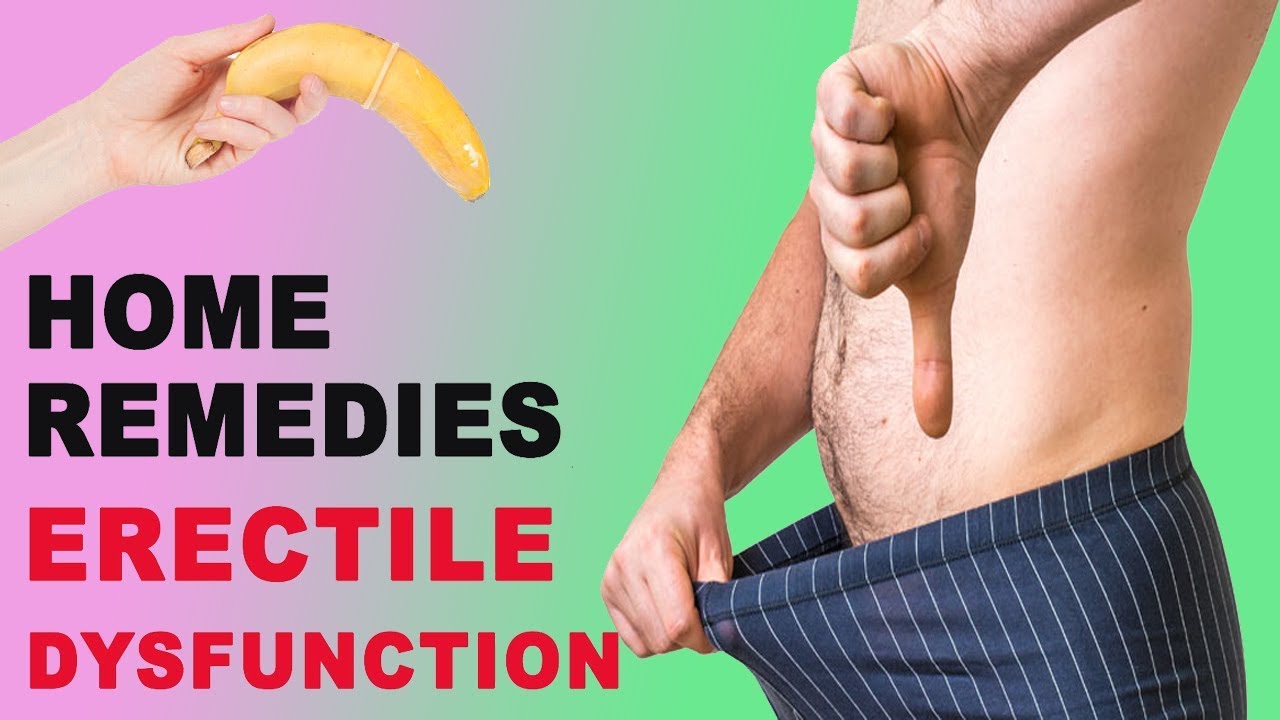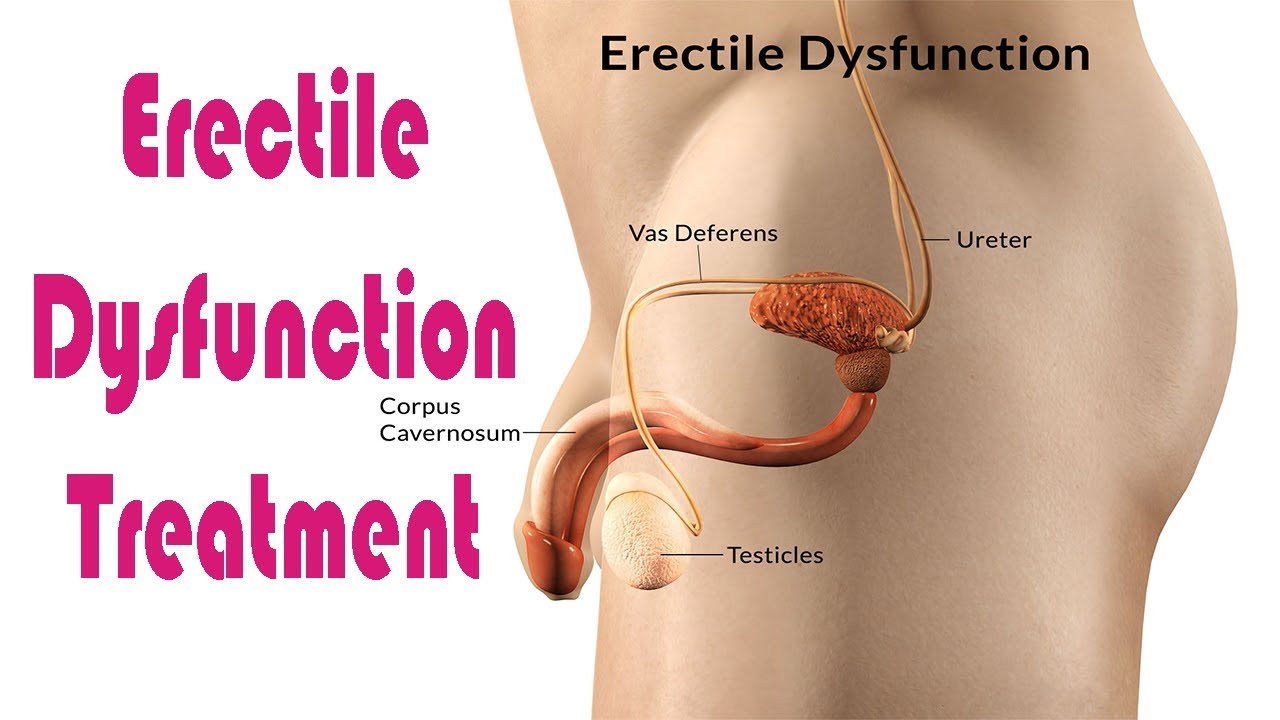If you’ve ever flipped through a magazine, scrolled online, or watched TV, you’ve undoubtedly come across an ad for medications promising to “fix” erectile dysfunction (ED). This may be a frequent sight, but there’s a deeper reason for its prevalence—ED affects an estimated 30 to 50 million men in the United States. Yet, despite the high numbers, nearly 75% of these men don’t seek professional help. Why? One word: taboo.

What is Erectile Dysfunction?
Erectile dysfunction, often abbreviated as ED, refers to the inability to achieve or sustain an erection firm enough for sexual intercourse. However, it’s not limited to just this. ED can also involve dissatisfaction with the size, hardness, or longevity of an erection. While occasional trouble with erections is quite normal, if it happens more than half the time, it’s essential to consult a doctor. As Vikas Desai, MD, a urologist at Northwestern Medicine, explains, “ED doesn’t have to be permanent. It’s treatable, and there’s no need to simply accept it.”
Why Does ED Happen?
ED can arise from a variety of causes—both physical and emotional. That’s why it’s essential to speak with a healthcare provider to identify the underlying issues. Here’s a breakdown of common causes:
Physical Factors:
- Age: While ED can occur at any age, it becomes more common as men age. By their 40s, about 40% of men experience some form of ED, with risk increasing by about 10% per decade.
- Chronic Conditions: High blood pressure, cardiovascular disease, diabetes, high cholesterol, and obesity are all linked to ED.
- Lifestyle Habits: Smoking, excessive alcohol consumption, and a sedentary lifestyle can also contribute.
- Peyronie’s Disease: A condition causing curvature of the penis, often leading to painful erections and ED.
Emotional and Psychological Factors:
- Anxiety, Depression, and Stress: These are common culprits behind ED. Men may experience performance anxiety or emotional distress, which exacerbates the problem.
- Relationship Issues: Strained relationships can also play a significant role in sexual dysfunction. Communication breakdowns or unresolved conflicts can make sexual intimacy difficult.
It’s Not Just You
Dr. Desai reassures patients: “It’s perfectly normal to experience occasional trouble in the bedroom. ED is not a reflection of your relationship or your attraction to your partner.” If this becomes a recurring issue, however, it’s a sign to consult a physician.
Taking Action: How to Move Forward
ED is not something you need to suffer through in silence. Whether it’s a temporary or long-term issue, treatment is available. The first step? Start the conversation. Open communication with your partner can help both of you understand that ED is not a personal failing, but rather a health condition.
Once you’re ready to talk, the next step is to see a healthcare provider. Several treatment options are available, which include both medical and lifestyle interventions.

Common Treatment Options
There are a range of approaches to managing ED, with your physician recommending a plan based on the underlying cause of the dysfunction:
- Lifestyle Changes: Simple modifications like reducing alcohol consumption, quitting smoking, exercising more, and losing weight can be powerful tools in managing ED.
- Psychotherapy or Counseling: Addressing any underlying anxiety, depression, or relationship issues can significantly improve sexual function.
- Medications: Prescription drugs like PDE5 inhibitors (e.g., Viagra, Cialis) help increase blood flow to the penis.
- Vacuum Devices: These pumps can help draw blood into the penis, resulting in an erection.
- Penile Implants: In more severe cases, surgical solutions like penile implants may be recommended.
- Testosterone Therapy: If low testosterone levels are identified, hormone replacement therapy can be an option.
ED and Other Forms of Sexual Dysfunction
While ED is one of the most common forms of sexual dysfunction, it falls under the broader category of “arousal disorders.” Other types of sexual dysfunction include:
- Desire Disorder: A lack of interest in sex.
- Pain Disorders: Experiencing pain during sex.
- Orgasm Disorder: Feeling ready for sex emotionally but struggling to reach orgasm.
Interestingly, these disorders are often intertwined. For example, a person experiencing testicular pain after surgery may develop ED as a result. In these cases, a multidisciplinary approach to treatment may be required.
A Case in Point
Dr. Desai recalls a patient who came to him after seeing four different urologists without any clear diagnosis. The 45-year-old had persistent pain during sex, which had left him feeling frustrated and hopeless. After ruling out other causes, Dr. Desai identified the problem: a hyperactive cremaster muscle—a small muscle that raises and lowers the testicles to regulate temperature. If it contracts excessively, it can cause painful retraction of the testicles, especially during sex or physical activity. Dr. Desai performed a minimally invasive surgery to release the muscle, and the patient was pain-free, able to resume a healthy sex life.
As Dr. Desai points out, “Pain during sex can lead to avoidance, and over time, it can contribute to ED. But remember: sexual dysfunction, including ED, is incredibly common and treatable. The most important first step is talking about it.”
Breaking the Stigma
ED is not a sign of weakness, nor should it be a source of shame. It’s a medical issue that can often be resolved with the right treatment. So, if you’re experiencing ED or any form of sexual dysfunction, don’t hesitate to talk to your healthcare provider. There’s no reason to suffer in silence when help is available.
Frequently Asked Questions (FAQs)
-
How can I tell if my ED is caused by psychological factors?
If you’re dealing with stress, anxiety, or depression, it’s important to talk to a therapist or counselor. They can help identify if your ED is linked to emotional distress or relationship issues. -
Are there any lifestyle changes that can improve ED?
Yes. Reducing alcohol, quitting smoking, managing stress, and getting regular exercise can significantly improve erectile function. A balanced diet is also crucial for maintaining overall health. -
Is ED treatment covered by insurance?
Many insurance plans do cover ED treatment, but it’s best to check with your provider. Coverage may vary based on the type of treatment or medications prescribed. -
What are the risks of ED medications?
Medications like Viagra or Cialis are generally safe, but they may interact with other drugs, particularly nitrates. Always consult with your doctor before starting any new medication. -
Can ED be a sign of a more serious health issue?
ED can sometimes signal underlying conditions like heart disease, diabetes, or hormonal imbalances. That’s why it’s important to consult a physician, as treating ED may also help uncover other health issues.
Erectile dysfunction is common, treatable, and absolutely nothing to be ashamed of. If you’re struggling, the best course of action is to seek help early. By taking a proactive approach, you can regain control of your sexual health—and your life.